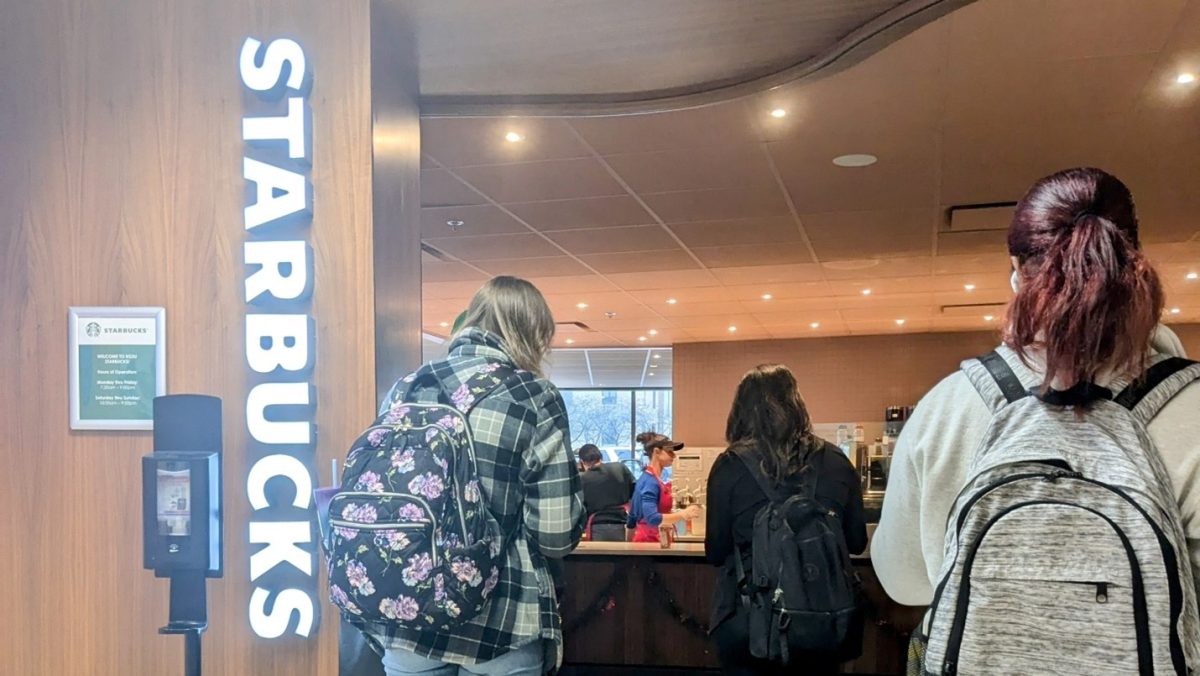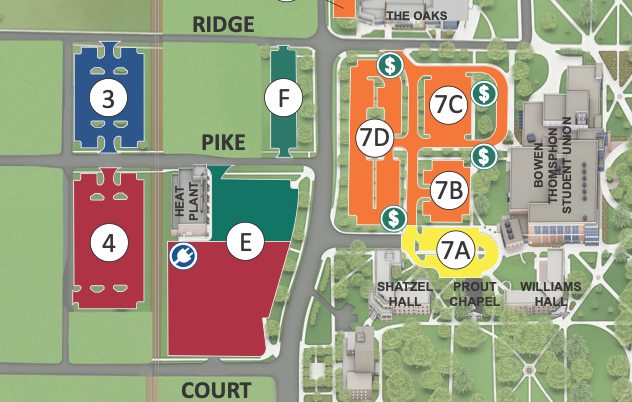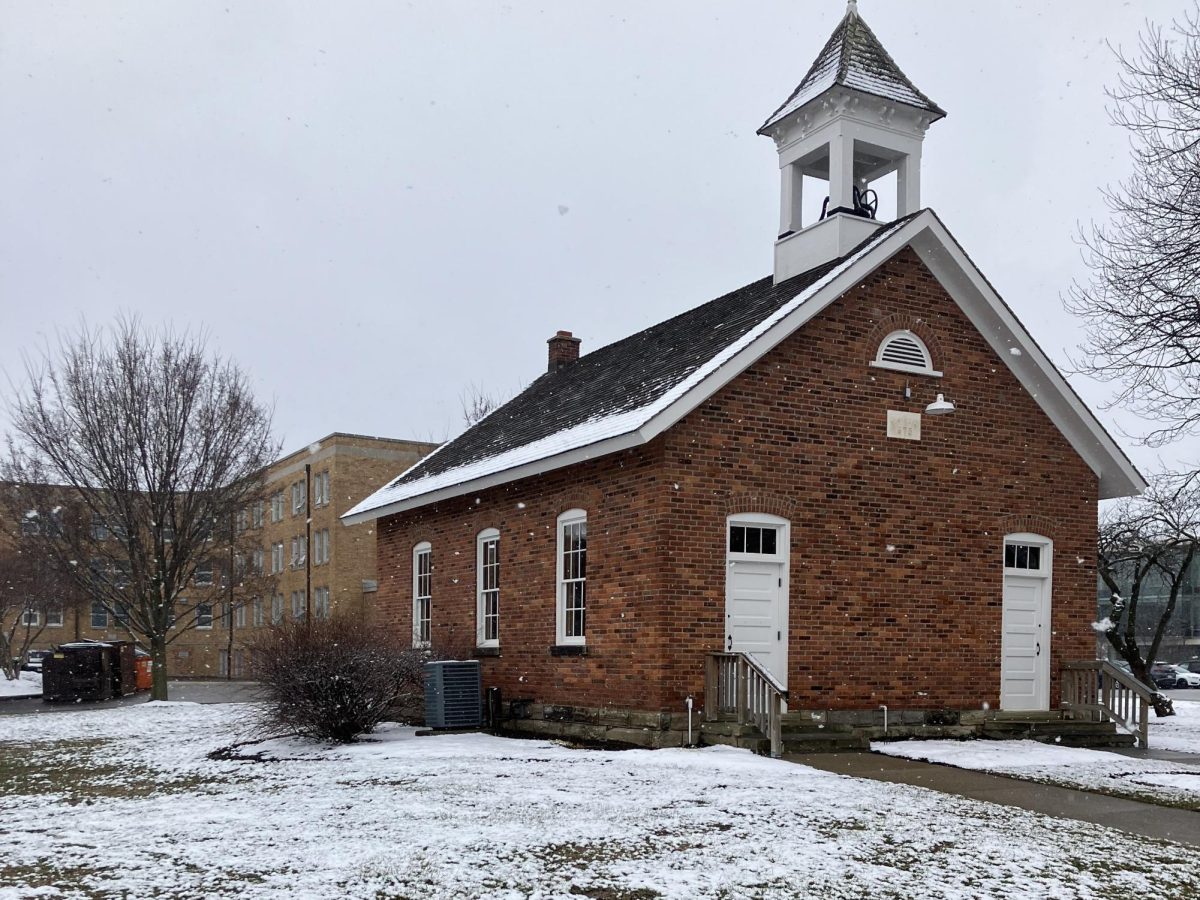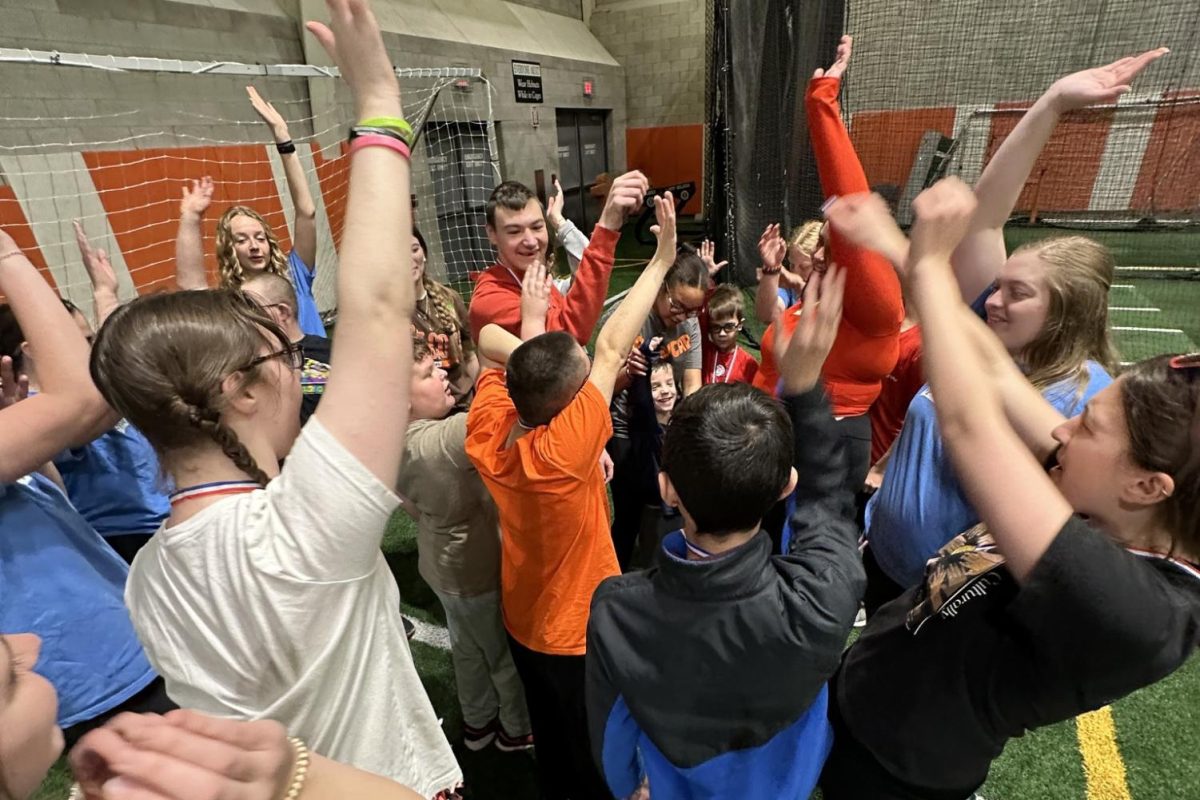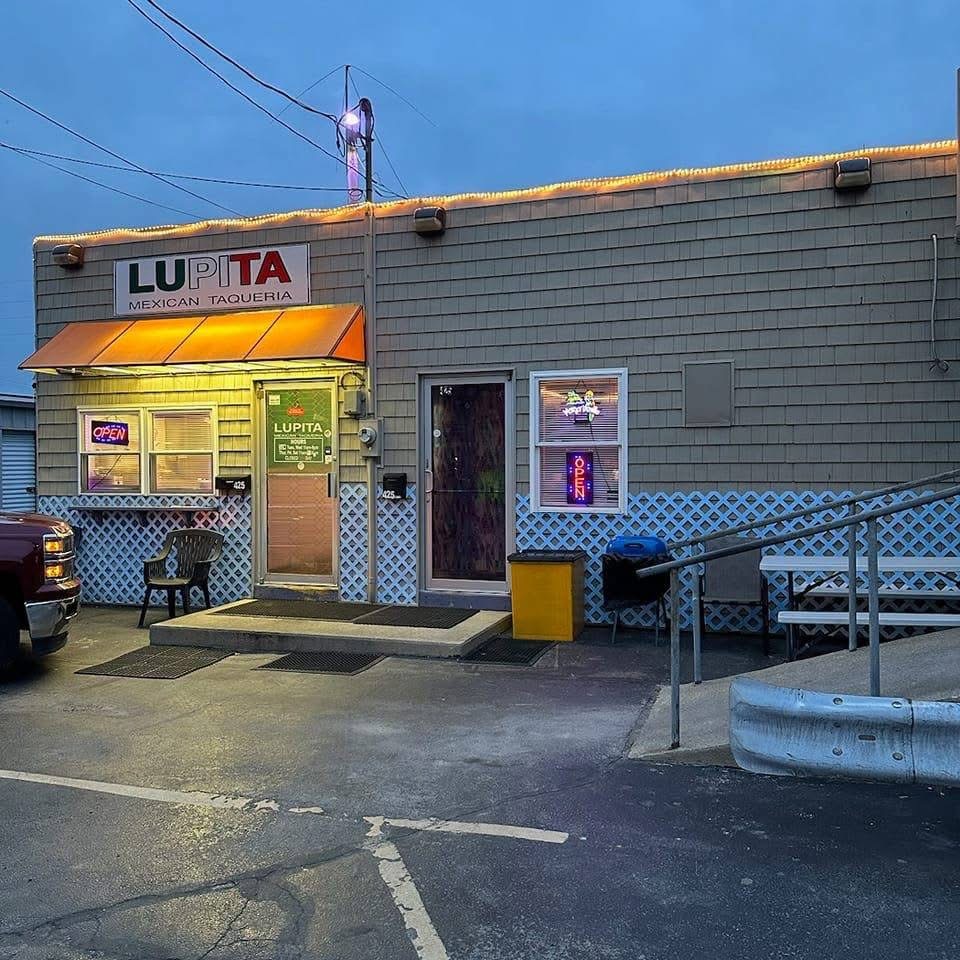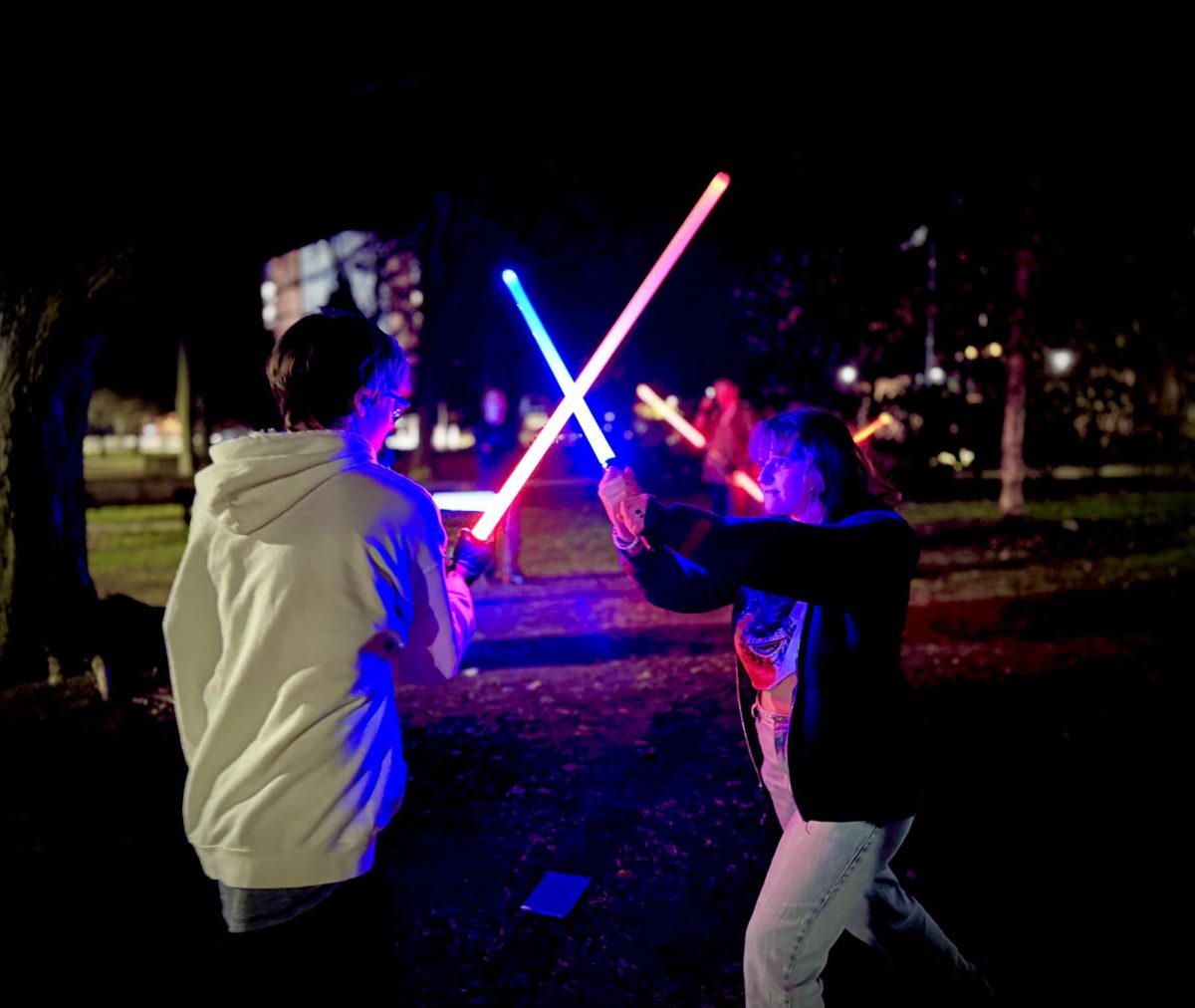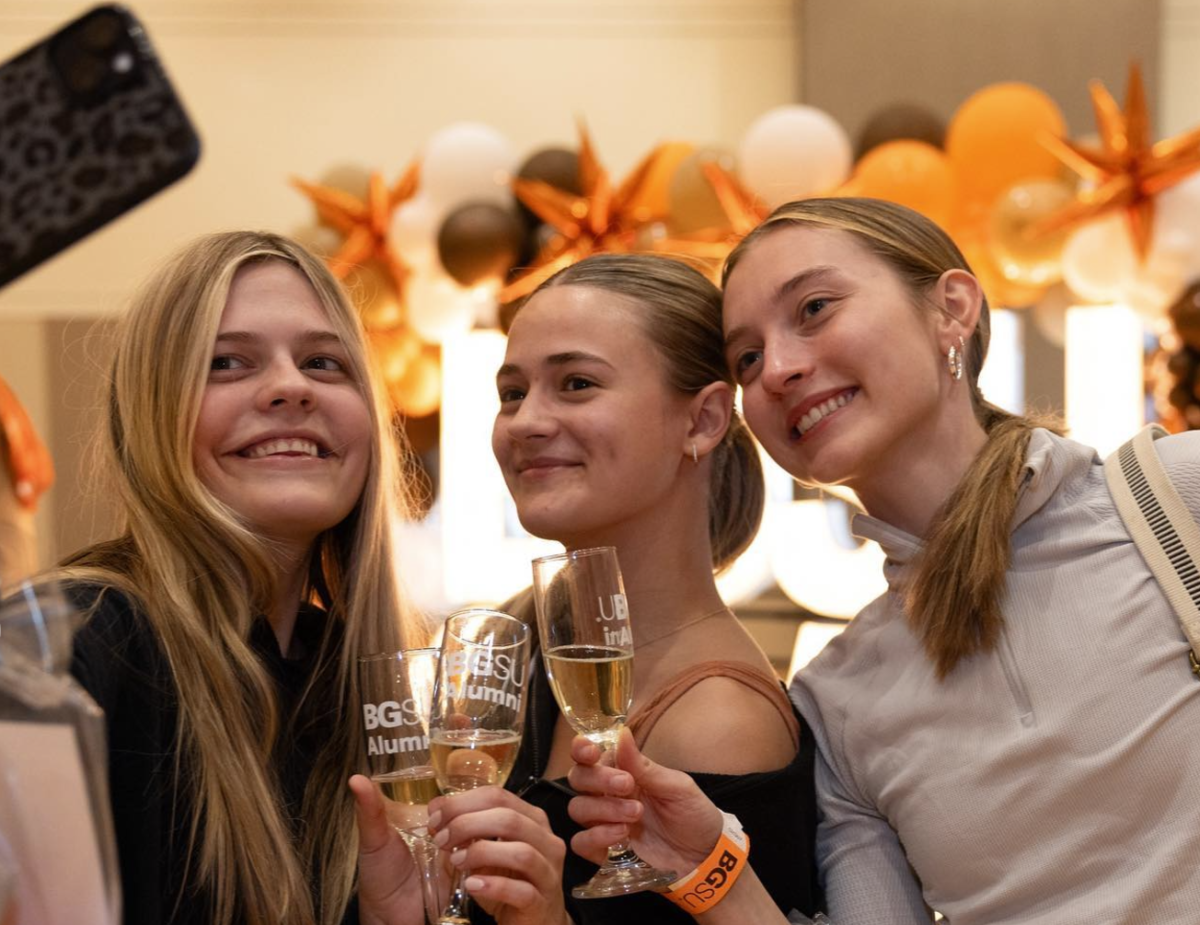A senior exchange student from Northern Brazil traveled 4551.62 miles from home to face the feat of strengthening her comprehension of the English language. She strives to remain authentic while being immersed in American culture.
Before arriving in the U.S. about a year ago, Nathalia Canedo said she had an “intermediate level of English.”
“We study [English] in Brazil, but it’s not the same,” Canedo said. “Listening and understanding what you’re saying is more complicated here,” she said. “When I first arrived here I couldn’t really understand anything.”
She recognizes that while her English is not perfect, she has come a long way from the days of struggling to communicate effectively with English speakers.
Canedo believes the professors at the University are prepared and equipped to help second language students.
“This semester I’m feeling more comfortable, but last semester I was kind of desperate,” she said. “I took a class here and when doing presentations, it’s obvious the English that you are speaking is different. You have an accent; you’re saying words wrong. In the beginning of every class, I was going to the professor saying, ‘English is not my first language, it’s Portuguese and I may have some problems.’”
Canedo’s acceptance and willingness to be vulnerable by asking for help may serve as a lesson to students everywhere.
Canedo is enjoying the University’s campus and described the atmosphere as welcoming and lively.
“The life here in college is completely different than in Brazil,” she said. “In Brazil, we don’t live on campus and there is not a place like the Student Union where we can sit and stay.”
She values Campus Updates and calendars because students are given the opportunity to find their niche and get involved on campus. These opportunities are not as attainable in Brazil, she said.
She explained the average day as a college student in her hometown saying, “You go to class, go back home, do your homework, study then go to work. We don’t have all these things happening around us.”
During Canedo’s early stages of American exposure, she experienced culture shock and feelings of homesickness. Luckily, her family and new friends have proven to be a reliable support system.
Her good friend, Inessa Luerce, a junior exchange student from Southern Brazil, has accompanied Canedo on her journey from start to present. Much like Canedo, Luerce enjoys campus life.
“I think the option to live on campus is good because I can be more connected to the University,” she said.
Inessa believes having places like the library and the Union motivate students to study because of the University environment. The time at the University is adding experience and familiarity to the friendship students share, she said.
Second language students at the University hail from countries across the globe, some of which include Japan, Nepal, Saudi Arabia, Brazil, Austria, France, Mexico, India and Nigeria.
The University offers second language students educational recourses that aid in their success while on campus. English for Speakers of Other Languages [ESOL] formal classes, the Learning Commons, Cross Cultural Conversation Connection and Family English courses are readily available for students who want to strengthen their understandings of the English language.
Sheri Wells-Jensen, director of ESOL, strives to provide accessible resources as well as an inclusive learning environment for second languages students to flourish.
“I’m hoping that we make things easier for them both academically and socially,” she said.
One of the main objectives of ESOL is to ensure that these students have equal educational opportunities, Well-Jensen said.
“A lot of forces work to keep people separate, so it is our job to be welcoming and work against these forces,” she said.
Well-Jensen encourages native English speaking students at the University to reach out to second language students like Canedo and Luerce by being accepting and open-minded.


